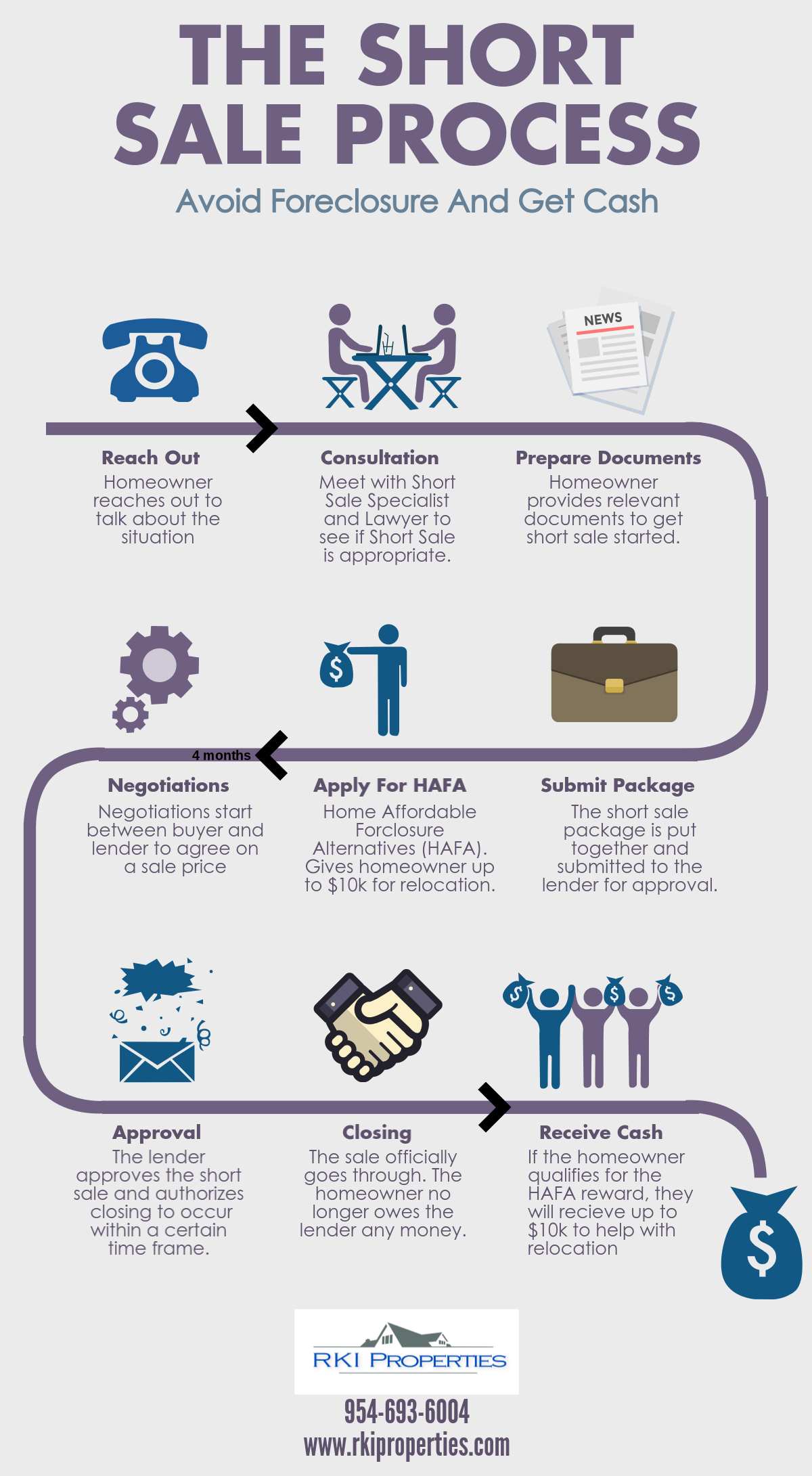For a short sale to close, everyone who is owed money must agree to take less, or possibly no money at all. That makes short sales complex transactions that move slowly and often fall through. If you're a seller, a short sale is likely to damage your credit — but not as badly as a foreclosure.
What's a good strategy for a buyer making an offer on a short sale?
Key Takeaways. Make sure you check comparable sales and offer an attractive earnest money deposit. You'll need to be patient with the bank and be ready to buy the home as-is without asking for repairs. A preapproval letter and short inspection period can strengthen your position with the seller.
Is a short sale good or bad for buyer?
In short, short sales are a good idea if you have plenty of time and money. A short sale buyer may get the property at a reduced price, but the property (in all likelihood) has its share of problems — think “fixer-upper” — and the deal needs to go through considerable red tape to make it happen.
What's the most difficult step when pricing a short sale?
The most difficult step when pricing a short sale is getting the lender to accept the list price. Short sale is the sale of stock which the seller does not own and to accomplish short sale, trader borrows the stock on the margin for specified time and sell it when the price is reached or time expires .
Who benefits from a short sale?
Benefits Of A Short Sale In Real Estate
Short sales can be beneficial for all parties involved. They provide greater investment opportunities for buyers and minimize the financial repercussions that both lenders and sellers would face if the properties went into foreclosure.
Is 6% normal for realtor?
Hear this out loudPauseTraditionally, real estate agents charge 5 percent to 6 percent of the final sale price, with the seller paying the entire commission. And traditionally, the residential real estate industry has been fine with the fiction that the services of the buyer's agent are "free" to the buyer.
Ok many of you know I personally have 8 figures in real estate holdings and close to 9 figures if you do internet math and count the syndications Im a part of...
— Ryan Stewman (@ryanstewman) September 4, 2023
I've been in the RE game FULL TIME since 2004.
I started off as a loan officer, became a mortgage banker as well as…
What percent commission do most real estate agents make?
Hear this out loudPauseCommissions are typically calculated as a percentage of a property's sale price, though some brokerages will charge a flat fee. The average agent commission rate nationwide is 5.8% of the home sale price, according to HomeLight's real estate transaction data of thousands of home sales each year.
Frequently Asked Questions
What is commission on a 500 000 house?
Hear this out loudPauseReal estate agent commissions are usually the largest cost associated with selling a home. Nationally, home sellers pay an average total commission rate of 5–6%, with the total split between the seller's agent and the buyer's agent. On a $500,000 home, that's about $27,450 in realtor commissions.
What commission do most realtors charge?
What percent commission do most real estate agents charge? The traditional standard commission is 6 percent of a home's purchase price, which is split evenly (3 percent each) between the buyer's agent and the seller's agent.
FAQ
- What percentage do most realtors charge?
What percent commission do most real estate agents charge? The traditional standard commission is 6 percent of a home's purchase price, which is split evenly (3 percent each) between the buyer's agent and the seller's agent.
- Can you negotiate estate agent fees?
Can you negotiate on estate agent fees? The very short answer to this is, yes. In fact, you absolutely should negotiate. We negotiate with agents on a daily basis, so we know most agents are willing to negotiate their fee to some extent – and may often quote slightly higher in the expectation that they'll need to.
How do i purchase a short sale home for a second residence
| Why do 87% of real estate agents fail? | Missing a Business Plan
87% of real estate agents fail because they're missing a business plan that outlines the steps they need to take in order to reach their goals. To prevent this, use a business plan template, such as one offered by the U.S. Small Business Administration. |
| How do you negotiate commission? | Here are some tips to help you.
|
